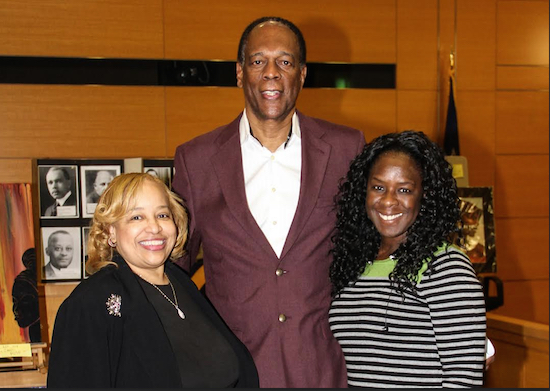Bob Law gives courts a history lesson on black radio

The Kings County Supreme Court hosted legendary radio personality Bob Law for a two-day Black History Month event discussing the death of black radio this past Tuesday and Wednesday.
Law, who is a longtime talk radio host and activist in New York City, gave a presentation on the importance and history of black radio on Tuesday, and then guests watched his documentary “Saying It Loud: Radio Giving Voice to Black America” on Wednesday.
“Black radio was a really important part of the Civil Rights Movement and of black history,” said Justice Deborah Dowling. “Even today it has its place. Even though it’s been pushed to the curb, maybe even off the curb. But it’s still relevant.”

Brooklyn Boro
View MoreNew York City’s most populous borough, Brooklyn, is home to nearly 2.6 million residents. If Brooklyn were an independent city it would be the fourth largest city in the United States. While Brooklyn has become the epitome of ‘cool and hip’ in recent years, for those that were born here, raised families here and improved communities over the years, Brooklyn has never been ‘uncool’.